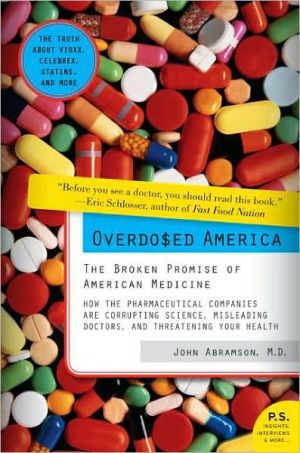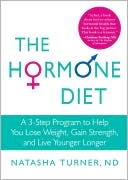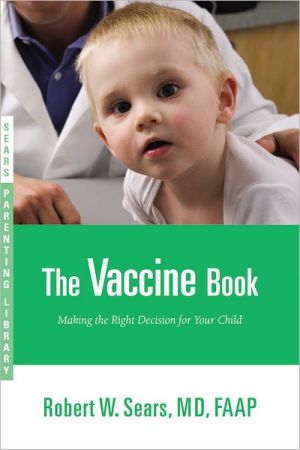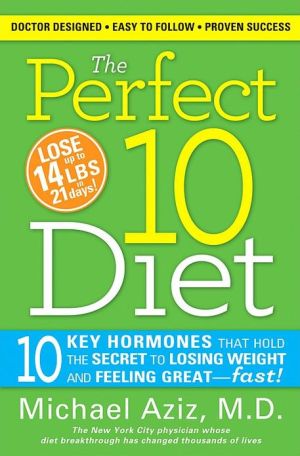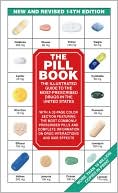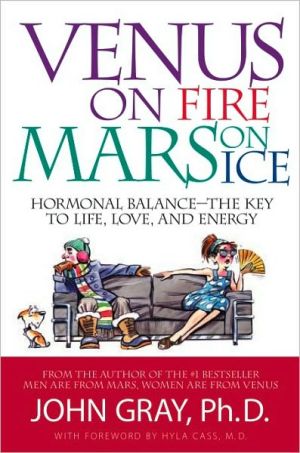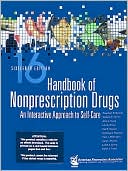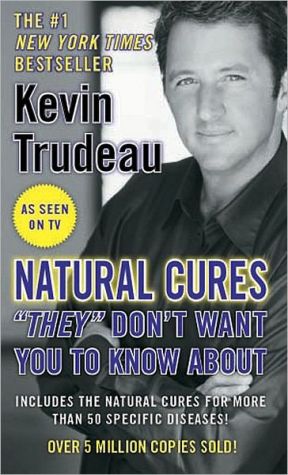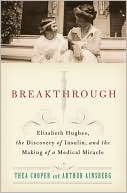Overdosed America: The Broken Promise of American Medicine
Using the examples of Vioxx, Celebrex, cholesterol-lowering statin drugs, and anti-depressants, Overdosed America shows that at the heart of the current crisis in American medicine lies the commercialization of medical knowledge itself.\ Drawing on his background in statistics, epidemiology, and health policy, John Abramson, M.D., reveals the ways in which the drug companies have misrepresented statistical evidence, misled doctors, and compromised our health. The good news is that the best...
Search in google:
Abramson (primary care, Harvard Medical School) reveals how the corporate takeover of clinical research and medical practice is compromising Americans' health. Drawing on his background in statistics and health policy research, he investigates the distortion found in both commercially sponsored medical research and the scientific evidence published in prestigious medical journals that doctors rely on. He explains evidence that proves that simple prevention efforts are far more effective than the drug companies' top-selling products. Annotation ©2004 Book News, Inc., Portland, OR Publishers Weekly According to Abramson, Americans are overmedicated and overmedicalized as a result of the commercialization of health care. Falling prey to marketing campaigns, we demand unnecessary and expensive drugs and procedures, believing they constitute the best possible medical care. Wrong, says Abramson: though more post-heart attack procedures are performed in the U.S. than in Canada, one-year survival rates are the same. Similarly, notes Abramson, a former family practitioner who teaches at Harvard Medical School, we spend more on high-tech neonatology than other Western countries but have a higher infant-mortality rate because of inattention to low-tech prenatal care. Abramson deconstructs the scientific sleight of hand in presenting clinical trial results that leads to the routine prescription of pricey cholesterol-lowering drugs even when their effectiveness has not been proven; he examines what he calls "supply-sensitive medical services"-the near-automatic use of medical technologies, such as cardiac catheterization, less because they are needed than because they are available. Abramson's bottom line: "More care doesn't necessarily mean better care." Arguing firmly that doctors should focus more on lifestyle changes to improve health, Abramson seems less credible when he writes off depression as "exercise-deficiency disease" and disposes of cancer in little more than a page. Still, he makes a powerful and coherent case that American medicine has gone badly astray and needs a new paradigm-one untainted by profits. Agent, Kris Dahl. (Oct.) Copyright 2004 Reed Business Information.
IntroductionxiPart IA Family Doctor's Journey of Discovery1Chapter 1Medicine in Transition: Caring for Patients at the Crossroads3Chapter 2Spinning the Evidence: Even the Most Respected Medical Journals Are Not Immune13Chapter 3False and Misleading: The Misrepresentation of Celebrex and Vioxx23Chapter 4The Myth of Excellence39Chapter 5A Case in Point: The Saga of Hormone Replacement Therapy55Part IIThe Commercialization of American Medicine73Chapter 6American Medicine's Perfect Storm: A Brief History75Chapter 7The Commercial Takeover of Medical Knowledge93Chapter 8The Snake and the Staff: Duping the Doctors111Chapter 9A Smoking Gun: The 2001 Cholesterol Guidelines129Chapter 10Direct-to-Consumer: Advertising, Public Relations, and the Medical News149Chapter 11Follow the Money: Supply-Side Medical Care169Part IIITaking Back Our Health187Chapter 12The Knee in Room 8: Beyond the Limits of Biomedicine189Chapter 13From Osteoporosis to Heart Disease: What the Research Really Shows About Staying Healthy209Chapter 14Healing Our Ailing Health Care System, or How to Save $500 Billion a Year While Improving Americans' Health241Notes261Bibliography307Acknowledgments311Index315
\ From Barnes & NobleFor 20 years, in a small town north of Boston. Dr. John Abramson labored as a family physician. As the years passed, he realized that his job was changing; that his role as a health care provider was being steadily undermined by new drugs and expensive treatments for every symptom. Increasingly skeptical, he began to draw on his background in statistics, epidemiology, and health policy research. He discovered that medical knowledge has become commercialized: More than 70 percent of clinical studies are now funded by pharmaceutical and medical device companies. The artificial creation of demand had helped create an American health care that is as inefficient as it is costly. Although U.S per capita spending on health care is twice that of other industrialized countries, our health ranks at the bottom. As informed investigative journalism, Rx America ranks high.\ \ \ \ \ Eric Schlosser"Before you see a doctor, you should read this book."\ \ \ Herbert Benson"A clear and concise explanation of how American medicine has gone astray...a must read for both patients and doctors."\ \ \ \ \ Barbara Starfield"Fulfills the criteria for high quality in health services: the right diagnosis and the right prescription at the right time."\ \ \ \ \ Elliott Fisher"Acompelling and well-documented analysis... a book every American should read."\ \ \ \ \ Cheryl Richardson"Essential for all those who want to intelligently reclaim responsibility for their own health."\ \ \ \ \ The Oregonian (Portland)"Abramson’s book will have you rethinking your relationship with your doctor and your health."\ \ \ \ \ Washington Post Book World"Enlightening."\ \ \ \ \ Washington Post Book World“Enlightening.”\ \ \ \ \ The Oregonian (Portland)“Abramson’s book will have you rethinking your relationship with your doctor and your health.”\ \ \ \ \ Publishers WeeklyAccording to Abramson, Americans are overmedicated and overmedicalized as a result of the commercialization of health care. Falling prey to marketing campaigns, we demand unnecessary and expensive drugs and procedures, believing they constitute the best possible medical care. Wrong, says Abramson: though more post-heart attack procedures are performed in the U.S. than in Canada, one-year survival rates are the same. Similarly, notes Abramson, a former family practitioner who teaches at Harvard Medical School, we spend more on high-tech neonatology than other Western countries but have a higher infant-mortality rate because of inattention to low-tech prenatal care. Abramson deconstructs the scientific sleight of hand in presenting clinical trial results that leads to the routine prescription of pricey cholesterol-lowering drugs even when their effectiveness has not been proven; he examines what he calls "supply-sensitive medical services"-the near-automatic use of medical technologies, such as cardiac catheterization, less because they are needed than because they are available. Abramson's bottom line: "More care doesn't necessarily mean better care." Arguing firmly that doctors should focus more on lifestyle changes to improve health, Abramson seems less credible when he writes off depression as "exercise-deficiency disease" and disposes of cancer in little more than a page. Still, he makes a powerful and coherent case that American medicine has gone badly astray and needs a new paradigm-one untainted by profits. Agent, Kris Dahl. (Oct.) Copyright 2004 Reed Business Information.\ \ \ \ \ Library JournalWith healthcare based on research sponsored mainly by self-interested drug companies, we're all in trouble, argues family practitioner Abramson. With a three-city author tour. Copyright 2004 Reed Business Information.\ \
